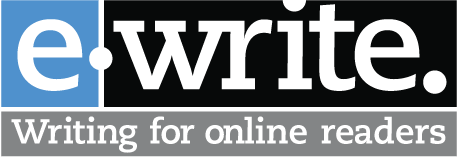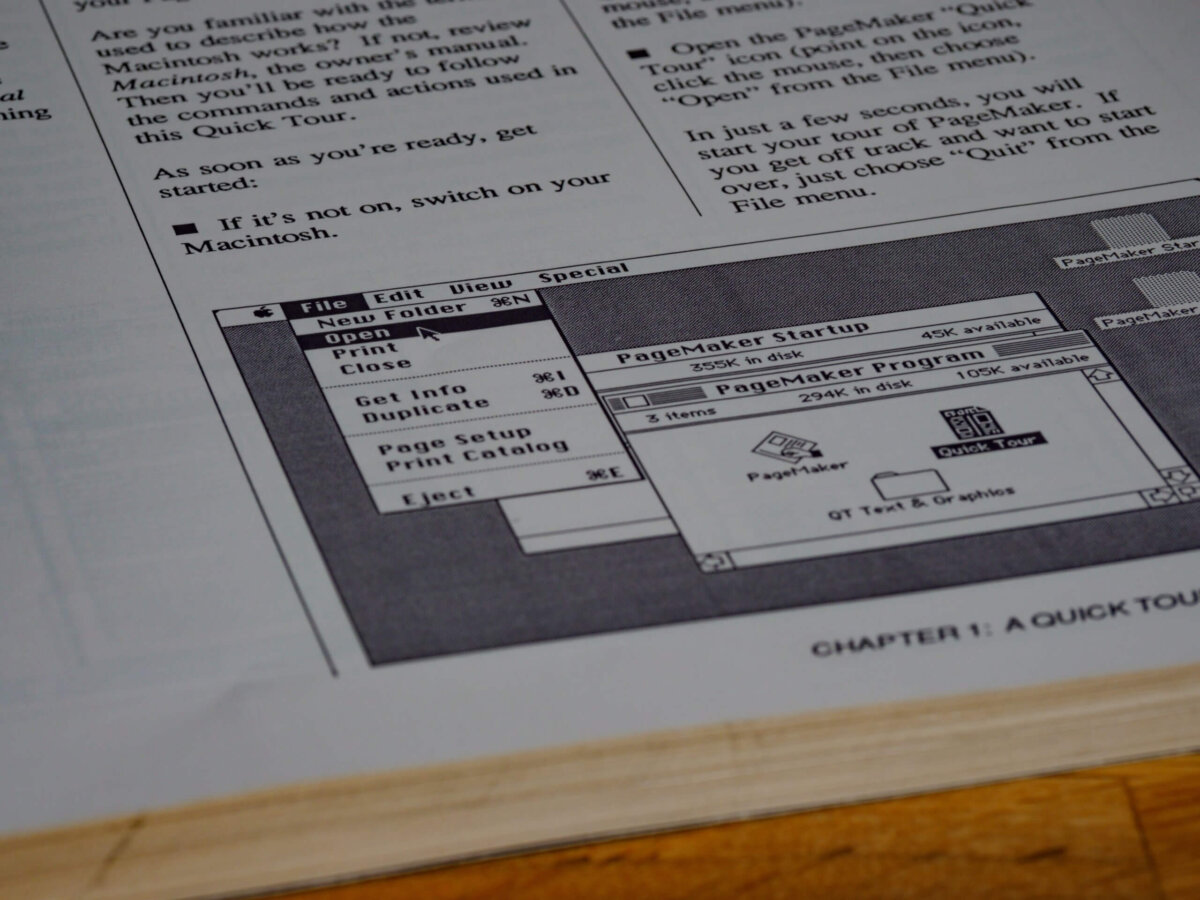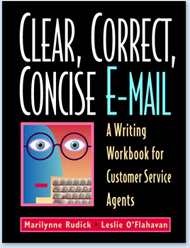That’s what a participant said during a web writing course I taught recently for the Federal Library and Information Network at the Library of Congress.
“We Don’t Need No Stinkin’ FAQs”
I’ve heard this opinion before. Lots of people object to websites that segregate answers to users’ questions in a long sprawling FAQs section. Instead, they believe the content should anticipate and answer users’ questions, page by page. I understand this point of view, especially when I come across pages like the Baby’s First Circus page at the Ringling Bros. site.
The Baby’s First Circus page is a thin 200 words. It describes the Baby’s First Circus program, which provides a free circus ticket and a certificate for children up to 12 months old. But to get any detail about the program, such as links to the sign-up pages, the program rules, and the mailing address to send birth certificates if you want to enroll your triplets (!!!), you have to go to the separate Baby Program FAQs page.
This method of organizing the content suits no one. The Baby’s First Circus page is too short and insubstantial, and the FAQs page has its own problems:
- the questions are numbered, which implies a sequence that doesn’t exist
- it includes information for two distinct groups: parents who haven’t registered yet and those who have already registered. By dumping this information into one FAQs section, Ringling Bros. forces each type of user to wade through the info intended for the other type.
The Enduring Appeal of FAQs
Don’t get me wrong. I ‘m not against FAQs in general. FAQs are one of the most compelling ways to present information online. Because users see their very own questions, written in their very own words, users really like and rely on FAQs. Think about it: FAQs are so popular that they are the only type of web content we refer to by initials. We don’t call the About Us page the AU or the Products and Services page the P &S, do we?
Users turn to a website’s FAQs section because they want to know:
- What questions should I have?
- Can I find a short cut or a short version here?
- Can I get a simple yes or no?
- Can I find my info more easily here than in the “real” content pages?
- Can I find my questions phrased in my wording, using terminology I will understand?
So, when FAQs are done right, they are a great asset. But FAQs should not become a dumping ground for content that should be integrated into the site’s architecture and supported by navigation.
What do you think? How have you handled the FAQs-vs.-content-pages issue at your site? Do you agree with this statement: “If your web content is good, you don’t need FAQs”? Post your thoughts here or let me know.
— Leslie O’Flahavan
Tags: Content, FAQs







I’m not keen on FAQs, or Q&A pages on our intranet. I feel that authors ‘resort’ to FAQs because they consider a list easier to write than succinct, meaningful, prose. As I said here:
To me, FAQs are just another tool in our toolbox – and like all tools, they can be used well or badly.
Typical error: confusing Frequently Asked Questions with Easily Answered Questions.
Another typical error (and it sounds like the one made by Baby’s First Circus): throwing all your random content into them.
A few more thoughts on the topic are in my piece “How to write good FAQs” http://www.usabilitynews.com/news/article3724.asp
Best
Caroline Jarrett
Thanks, Wedge and Caroline, for links to two great pieces. Caroline, I like your point about the difference between Frequently Asked Questions and Easily Answered Questions. In my web writing courses, I always comment on how the name “Frequently Asked Questions” is content-owner-centric not user-centric. After all, does the user know whether her question is frequently or rarely asked? And does she want the answer any less if hers is a Rarely Asked Question?
Wedge, I really like your point: “…FAQs can make excellent reference materials for a specific audience when combined with overviews, narratives and good communications.” Well said.
The usa and The european union have constantly topped the particular chart regarding anyone about to travel in another country. But just what has come being a surprise isn’t only the simplicity with what type can happen to be these countries but in addition the achievable of experiencing cheap global travel bundles to these kinds of countries.
In case you are frustrated from the words and also actions with the other father or mother, find approaches to release the particular anger. A proven way is final your room door and also putting your thinking and feelings on your own pillow. Then single pound it and soon you feel far better. When you might be done notify yourself, “I’m permitting go regarding my animosity. “.
insurance policy allows an individual who is afflicted with a damage or accident being compensated for your effects of these misfortune. It allows you to protect oneself against each day risks in your health, home and financial predicament.